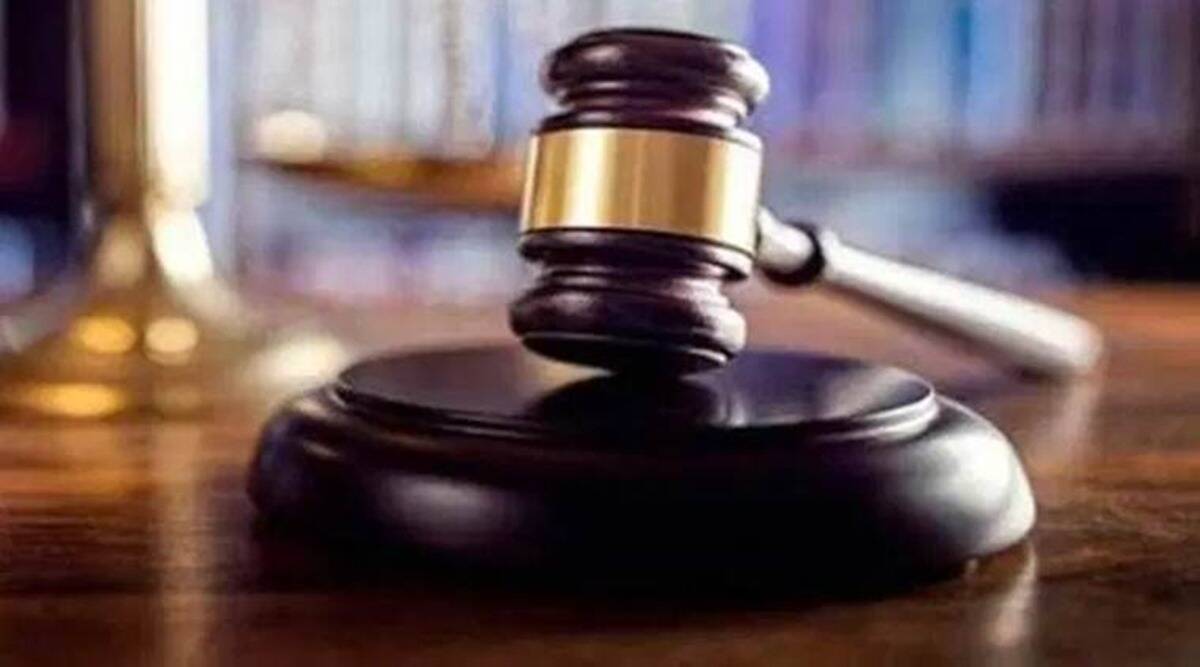The petitions against the 2018 Electoral Bonds Scheme will be heard in the third week of March, the Supreme Court said on Tuesday.
On Tuesday, a bench led by Chief Justice of India D.Y. Chandrachud heard a group of petitions. The petitions raised three different issues: a challenge to electoral bonds, whether political parties should be covered by the RTI Act, and changes to the Foreign Contribution (Regulation) Act (FCRA).
The bench, which also included Justice P S Narasimha, decided to hear the three issues separately. It said that the challenge to the scheme would be heard in the third week of March, petitions for bringing political parties under the RTI Act would be heard in the first week of April, and petitions against the FCRA amendments would be heard in the middle of April.
The court told the Centre that it could file a new affidavit in the case if it wanted to.
On December 15, 2022, a bench led by Justice B R Gavai heard the case for the last time.
The Centre has called the scheme “a big step towards electoral reform” that “will ensure transparency” and “accountability.” However, critics of the move say it hurts transparency in political funding because it lets political parties hide the identities of those who donated through Electoral Bonds in their annual contribution reports to the Election Commission of India (ECI).
In April 2019, a three-judge bench of the court issued an interim order telling political parties that got money through Electoral Bonds to “immediately” give ECI information about these bonds.
The Supreme Court turned down the petitioner’s request to stop the sale of new bonds again in March 2021. It also disagreed with the petitioner’s claim that bond buyers are “completely anonymous” and said, “It is not as if the operations under the Scheme are behind iron curtains that can’t be seen through.”
The court said that bonds had been issued in 2018, 2019, and 2020 “without any problem,” and that it had already ordered “certain safeguards” in its interim order from April 2019.
In line with the April 2019 order, it also said that the Election Commission would get information about contributions made through bonds.
“At this point, we don’t know how true the claim is that under the Scheme, corporate houses in India and abroad would be able to fund political parties without anyone knowing who they are,” it had said.
At the last hearing, the petitioners said that the case was about “weighty issues of public importance” that needed a “authoritative pronouncement.” They asked the court to send the case to a constitutional bench of five judges. Then, a panel of Justices Gavai and Vikram Nath told them that they would need a preliminary hearing.
